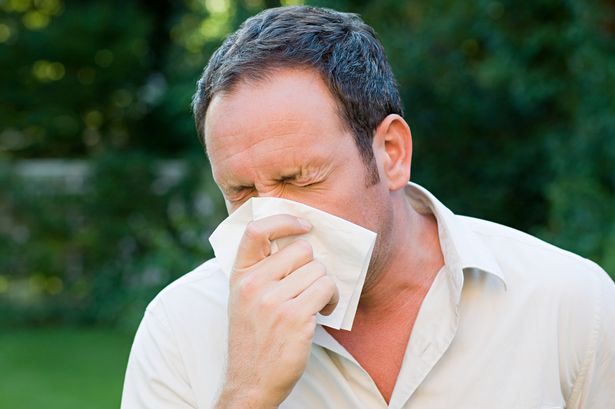Accessing general practitioner (GP) services during the Christmas and New Year holiday period can sometimes be challenging due to surgery closures. However, several options are available to ensure that individuals receive necessary medical attention when their regular GP is unavailable. Understanding these options and planning ahead can alleviate stress and ensure timely access to appropriate care. This detailed guide outlines the available pathways for accessing GP services during the festive season, explaining each option’s strengths and limitations to help individuals navigate the system effectively.
The first and often most convenient option for non-emergency situations is utilizing NHS 111 online or by phone. NHS 111 is a free service available 24/7, including holidays. Trained healthcare professionals will assess your symptoms and provide advice, connecting you with the appropriate healthcare service, be it a pharmacist, out-of-hours GP, urgent treatment centre, or, in emergencies, an ambulance. NHS 111 online offers a convenient way to assess symptoms and receive guidance through a series of questions, while the phone service offers direct communication with a healthcare professional. For those who prefer speaking to someone directly or have complex medical histories, the phone service may be preferable. It is important to note that NHS 111 is not a substitute for regular GP care and should not be used for routine appointments or long-term condition management.
Local pharmacies are another readily available resource during the holiday period. Pharmacists are qualified healthcare professionals who can offer advice and treatment for a range of minor ailments, such as coughs, colds, aches, and pains. They can also provide guidance on over-the-counter medications and help manage repeat prescriptions. Many pharmacies operate extended hours, including during weekends and holidays, making them a convenient option for addressing minor health concerns. Consulting a pharmacist can often avoid the need for a GP appointment altogether, freeing up valuable resources for more urgent cases. It’s important to remember that pharmacists are not equipped to handle complex or serious medical conditions; for these, you should seek advice from a GP or other appropriate healthcare professional.
Walk-in centres and urgent treatment centres offer an alternative to traditional GP surgeries and are typically open extended hours, including evenings, weekends, and holidays. These centres provide assessment and treatment for a range of urgent, but not life-threatening, conditions, such as minor injuries, infections, and stomach upsets. No appointment is necessary, making them accessible for immediate care. While walk-in centres are generally staffed by nurses and other healthcare professionals, urgent treatment centres often have GPs on-site, providing a higher level of medical expertise. However, for serious or life-threatening emergencies, it is crucial to attend the nearest Accident and Emergency (A&E) department.
Out-of-hours GP services are specifically designed for urgent medical needs that arise when regular GP surgeries are closed. These services are typically accessible through NHS 111 and provide appointments with GPs or other healthcare professionals at designated locations or through home visits. Out-of-hours services are geared towards urgent issues that cannot wait until the next available routine GP appointment. They offer an important safety net for individuals requiring urgent medical attention outside of normal surgery hours. However, it is crucial to remember that these services are designed for urgent issues and are not a replacement for regular GP care.
In the event of a life-threatening emergency, such as severe chest pain, difficulty breathing, or heavy bleeding, it is essential to call 999 immediately for an ambulance. A&E departments are equipped to handle serious and life-threatening conditions and operate 24/7, including during holidays. While A&E departments provide crucial care in emergencies, they are not designed for routine medical issues. Utilizing the appropriate healthcare service for your needs ensures that those with the most urgent needs receive timely care and avoids unnecessary strain on emergency services. By understanding the available options and choosing the most appropriate service, individuals can contribute to a more efficient and effective healthcare system, especially during periods of high demand.
Before the holiday season, it’s advisable to take a few proactive steps to prepare for potential healthcare needs. Ensure you have a sufficient supply of any regular medications, order repeat prescriptions well in advance, and keep a well-stocked first-aid kit at home. Familiarize yourself with the opening hours of local pharmacies and urgent treatment centres. Saving the NHS 111 number in your phone and bookmarking the website can save valuable time in an urgent situation. Finally, if you have any ongoing medical conditions, ensure you have a plan in place for managing any potential flare-ups during the holiday period, including knowing how to access appropriate support if needed. These preparatory steps can significantly reduce stress and ensure you have access to the right care at the right time, allowing for a healthier and more enjoyable festive season.














